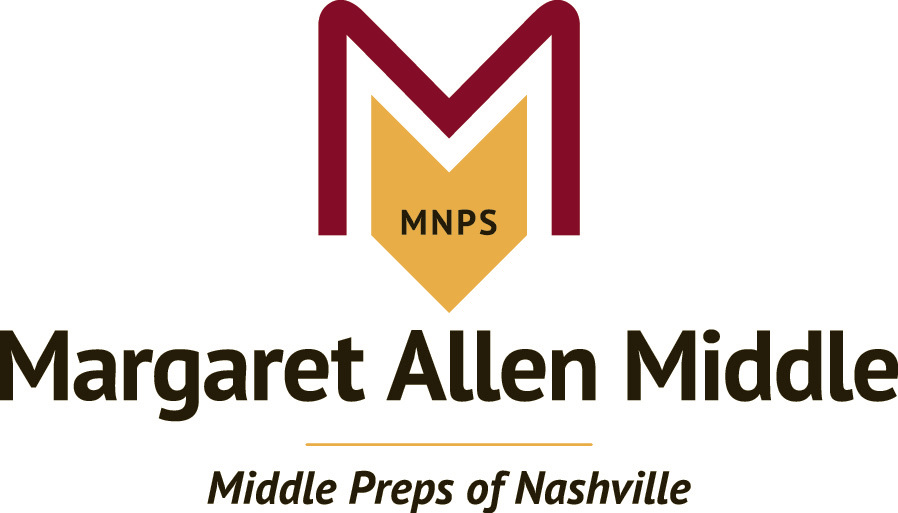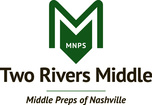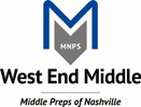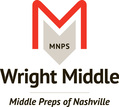After a brief discussion about SMART goals, draft goals were generated during this session. We are still working to finalize their goals for their deadline of October 6th.
I was honored to work with such a talented group of professionals. Keep up the wonderful work!! If you would like assistance with facilitating your team using the collaborative inquiry process, please feel free to contact Margie Johnson at [email protected].
0 Comments
Collaboration Spotlights: JE Moss Elementary, Goodlettsville Middle, CTE Cohort, and Joelton Middle8/4/2017 Beginning the School Year with Collaborative Inquiry According to John Hattie (2015), “the largest barrier to student learning is within-school variability” (p. 1). He recommends that what works best in education is empowering schools to leverage the collaborative expertise of the educators within a building. If often tell teams that I work with that if we had the answer, then we would have implemented it already. However, education faces complex issues today.
Therefore, MNPS’ Collaborative Inquiry process, developed by the MNPS Community of Practice (Haynes Middle, Margaret Allen Middle, Two Rivers Middle, West End Middle, and Wright Middle), is about empowering MNPS educators to use data and educator expertise for addressing a variety of complex issues in order to ensure all MNPS students are successful. I am excited to share that three schools started the 2017-2018 school year off by engaging in collaborative inquiry to have deep conversations about a variety of topics.
If you have a collaborative inquiry story to share and/or need support with the collaborative inquiry process, please feel free to contact… References: Hattie, J. (2015). What works best in education: The politics of collaborative expertise. London, UK: Pearson. In June 2017, Mariana Merritt, MNPS Coordinator of Family and Community Engagement, Pre-K, attended the Leading Collaborative Inquiry Teams workshop. A challenge at the end of the workshop was to use some of the structures, strategies, and principles at your next meeting. Mrs. Merritt was up to the challenge and is willing to share with us strategies she used and how it affected her meeting. On July 15, 2017, Mariana Merritt facilitated the Parent Ambassador Annual Meeting. Since this group just formed, their first task was to develop a vision and mission statement to guide their work for the 2017-2018 school year. During her reflection, she shared three strategies that helped her effectively lead this collaborative team. Collaborative Inquiry Process 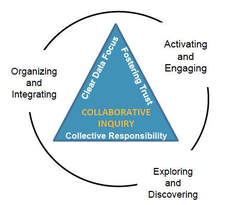
Third Point
Diamond Pattern of Interaction
Thanks to Mariana Merritt for allowing us to learn with her.
If you have a collaborative inquiry story and/or need support with collaborative inquiry, please email Margie Johnson at [email protected]. References: Lipton, L. & Wellman, B. (2015). Leading groups: Effective strategies for building professional community. Charlotte, VT: MiraVia, LLC. MNPS Community of Practice. (2017). MNPS collaborative inquiry toolkit website. Retrieved from http://www.mnpscollaboration.org/ Wellman, B. & Lipton, L. (2017). Data-driven dialogue: A facilitator’s guide to collaborative inquiry. Charlotte, VT: MiraVia, LLC.
To read more about the meeting and access resources, please click HERE.
If you have a story to share about using collaborative inquiry for empowering educators OR would like to learn more, please contact Margie Johnson at [email protected].
On June 13-14, I had the privilege of leading a workshop entitled, Leading Collaborative Teams. During this workshop, participants learned strategies, structures, and principles for effectively leading collaborative teams. Now, they are part of the CIA as well. Look for upcoming webinars and face to face gatherings as we continue to build our community of practice.
If you would like to learn more about Leading Collaborative Teams, click HERE and/or contact Margie Johnson at [email protected]. In the last blog post, we talked about how it’s that time of year to begin planning for the 2017-2018 school year. Dr. Dottie Critchlow is taking the SIP process one step further by modeling the collaborative inquiry process with her network principals to establish network improvement goals and plan. Activating and Engaging The discussion began by activating prior knowledge with an activity entitled, Got it! Need It!. Individuals identified what they knew about the SIP process and what they need to know (see below chart). We also discussed their vision for the network (see below chart). Exploring and Discovering During the exploring and discovering phase the critical part is to avoid making inferences and explanations about the data. Instead, this phase is about sticking to just the facts and reporting observations. This phase begin with a brief overview of collaborative inquiry and a quick calibrating activity. Principals then divided into small groups to make observations of their assigned data reports from the MNPS Data Warehouse. The reports used for this session were:
Some excellent observations were made of the data (see below charts). Organizing and Integrating |
||||||||||||||||||||||||||||||||||||||||||||||||||||||||||
Plus
| Suggestions for Improvement
|
Workshop Resources
| sip_planning_feb23_2017.pptx | |
| File Size: | 13302 kb |
| File Type: | pptx |
| The culture and climate work at John Early Museum Middle continued on November 2, 2016. Dr. Margie Johnson used the collaborative inquiry process with grade level teams to develop draft vision and mission statements. These statements will be used by the leadership team to revise, edit, and finalize the vision and mission statements. |
Activating and Engaging
What is your Vision for John Early Museum Middle Magnet?
Exploring and Discovering
Text Exploration
| Sitting in quads, a jigsaw strategy was used to process information in an article about vision and mission statements. Vision and Mission Article |
Organizing and Integrating
Draft Vision and Mission Statements

I am excited to share that over the past 4 weeks collaborative inquiry is being used in several places throughout MNPS. Below are summaries and links to pages with more information, so we can learn more about how schools are using collaborative inquiry to support student success.
If you need support with collaborative inquiry and/or have a spotlight story to share, please feel free to contact Margie Johnson at [email protected].
Glencliff Elementary--September 15, 2016
Ms. Julie Hopkins, principal at Glencliff Elem, and her leadership team used the collaborative inquiry process to begin discussing and developing a communication plan for 2016-2017 school year. Learn more about their collaborative work HERE.
Haynes Middle Health/Medical Science Design Center--September 19, 2016
Haynes Middle Magnet Design Center's leadership team used the collaborative inquiry process to review culture and climate data, identify theories of causation, and chart next steps, which included leadership team members using the collaborative inquiry process to allow staff members to make observations of the data to get their feedback prior to identifying theories of causation. Learn more about their collaborative work HERE.
Two Rivers Middle--September 20 & 28, 2016
In September 2016, Two Rivers engaged in the collaborative inquiry process to use i-Ready data for establishing SIP goals for literacy and numeracy for the 2016-2017 school year. Learn more about their collaborative work HERE.
Curriculum and Instruction Meeting--September 30, 2016
During September 30th, Curriculum and Instruction meeting the collaborative inquiry process was used to review middle school literacy plans, make recommendations, and see the Tales of Two Feedback Conversations. It was a model of Dr. Springer's ELP meeting, which was held on September 29th at JFK Middle Prep. Learn more about the collaborative work HERE.
Two Rivers Middle--October 10, 2016
On October 10, 2016, Two Rivers Middle used the collaborative inquiry process to take a data dive into their district benchmark data. Grade level subject area teams made observations of the data, generated theories of causation, and developed next steps for supporting student success during the next 9 weeks. Learn more about their collaborative work HERE.
John Early Middle--September 28 & October 10, 2016
John Early Museum Magnet Middle Prep used the collaborative inquiry process to review culture and climate data, generate multiple theories of causation, and chart next steps. Dr. Margie Johnson facilitated two meetings. The first one was with the administrative team. The second meeting was with the entire faculty. Learn more about their collaborative work HERE.
CTE Cohort--October 11, 2016
A cohort of CTE teachers learned how the MNPS Data Warehouse can help them support student success. The collaborative inquiry process was modeled while teaching them about the most common data warehouse reports. Learn more about their collaborative work HERE.
Innovation Configuration Videos by REL Appalachia
To help answer those questions, REL Appalachia created two videos to add to our Collaborative Inquiry Toolkit. You can find them on the About page of our toolkit: http://www.mnpscollaboration.org/about.html.
Cross-REL Early Warning System Webinar Series
Developing a Culture of Data Use to Maximize the Use of an Early Warning System
| In the webinar, Dr. Margie Johnson shared MNPS' work around creating a culture of collaborative inquiry at the district and Dr. Canidra Henderson, executive principal at Haynes Middle Design Center, shared how her teachers use the data warehouse at-risk indicators (early warning system) and the collaborative inquiry process to support student success. |
Metro Nashville Public Schools represented at the Nashville Technology Council's
Nashville Analytics Summit
on August 11, 2016
Dr. Margie Johnson presented a 90 minute workshop on August 11th sharing about the MNPS data warehouse, its implementation and lessons learned, particularly the development of the Data-Informed Decision Making Ecosystem. The ecosystem is the framework used by MNPS for building the capacity of employees to use data for making informed decisions. To access the workshop materials, please click on one of the below pictures.
How are you and/or your school using the collaborative inquiry process for making data-informed decisions?
Please share your stories or request support by contacting Margie Johnson at [email protected].
VOTE MNPS at SXSWEdu!
Implementation Road Map to Expected Results - Learn about a cool tool for implementing education initiatives! Discover how educators and researchers can use it to define and guide implementation of practices that lead to expected results. Click here to vote: http://panelpicker.sxsw.com/vote/64916
Walk Your Talk: The Teacher Data Use Survey - Learn about a new tool designed to assess teacher data use and the supports that make it happen along with a user-friendly tool for reporting TDUS data. Click here to vote: http://panelpicker.sxsw.com/vote/64502
By voting for MNPS' conference proposals, you let the SXSWedu proposal reviewers know that people want to hear more about MNPS' innovative work that is making a difference in students' lives.
VOTING ENDS SEPT 2nd.
MNPS presentations at the National Center for Education Statistics (NCES) STATS DC Conference
7/21/2016
Laura Hansen served on a NCES Forum Workgroup that unveiled a new publication around Student Data Privacy, and can be found here: https://nces.ed.gov/forum/pub_2016096.asp. She also presented 3 conference sessions:
- Make Data Work for Students: Opportunities in the Every Student Succeeds Act (ESSA)
- Student Data Privacy Consortium—A Common Contract Framework
- EDUCaTION wiThout d@tA sdradnat$
Margie Johnson and Mary Laurens Seely, from MNPS' Research, Assessment, and Evaluation department, are part of a national Data Use Standards Working Group for educators. One session Margie presented was about the workgroup's publication of PK-12 Data Use Standards for Educators (https://slds.grads360.org/#program/data-use-standards).
Margie also presented about the MNPS REL Appalachia partnership work around collaborative inquiry entitled, Best Practice for Enhancing Collaborative Data Use in Schools.
To learn more about the sessions and access materials, please go to http://www.mnpscollaboration.org/2016-nces-stats-dc-presentations.html.
We would love to hear about the data work you and/or your team is doing. Please feel free to contact Margie Johnson at [email protected] to share your story or to get support around data use.
Email Subscription
Click HERE to subscribe to receive emails for the blog posts.
Archives
February 2018
January 2018
December 2017
November 2017
October 2017
September 2017
August 2017
July 2017
June 2017
May 2017
April 2017
March 2017
February 2017
January 2017
December 2016
November 2016
October 2016
September 2016
August 2016
July 2016
June 2016
May 2016
April 2016
March 2016
February 2016
Categories
All
Agenda Template
Behavior Plan
Central Office
Collaboration
Collaborative Professionalism
Collective Efficacy
Community Of Practice
Community Partners
Component A
Component B
Component C
Conference Presentations
Culture
Data Guide
Equity And Diversity
Evaluation Plan
Exceptional Education
Family Engagement
IC Map
Laura Lipton
Leadership
Leading Collaborative Teams
Literacy
Maximizing Time
Mission
MNPS Data Warehouse
NAZA
PreK
Psychological Safety
REL Appalachia
Relational Load
Research
School Spotlight
SEL
SIP
Social Capital
TDUS
Trust
Vision
Welcome
Workshop Materials
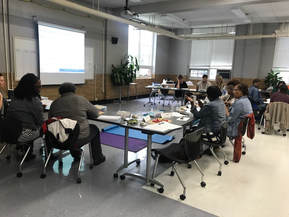
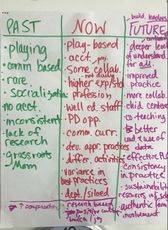
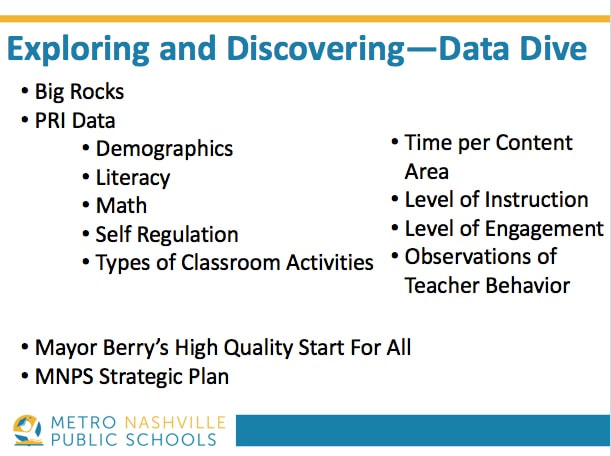
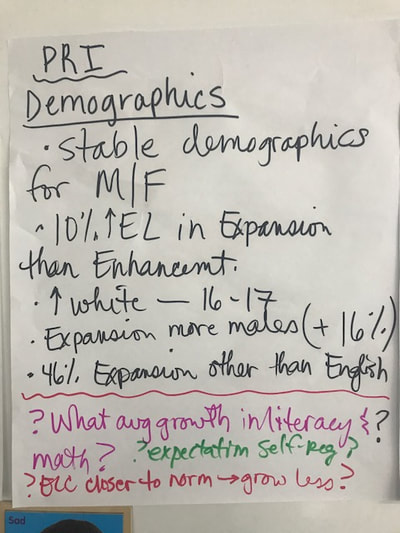
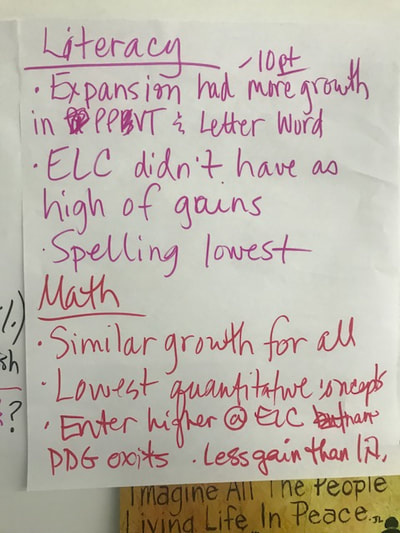
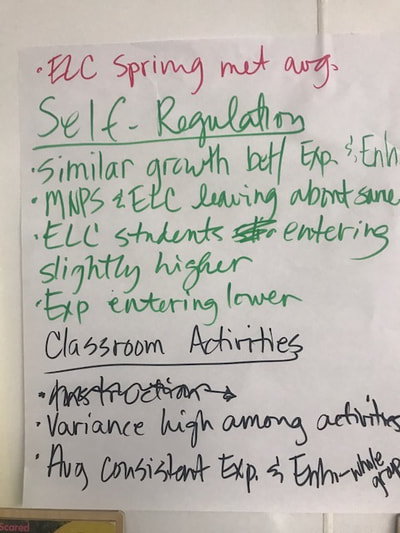
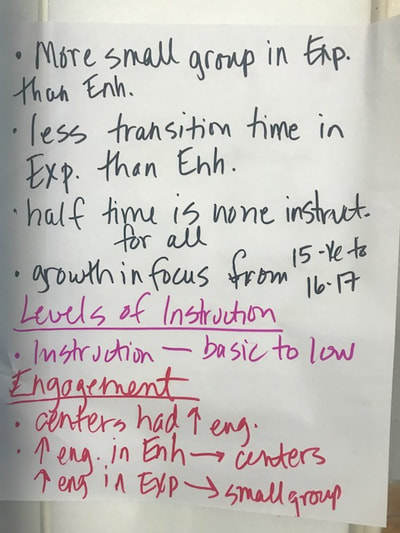
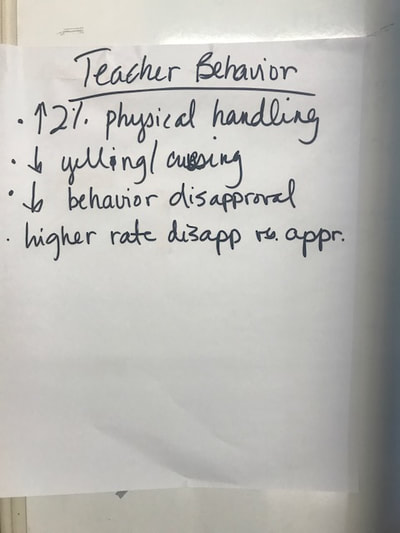
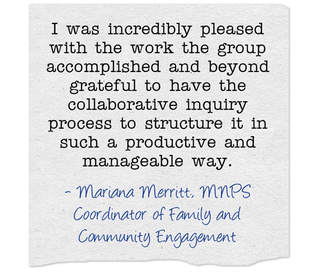
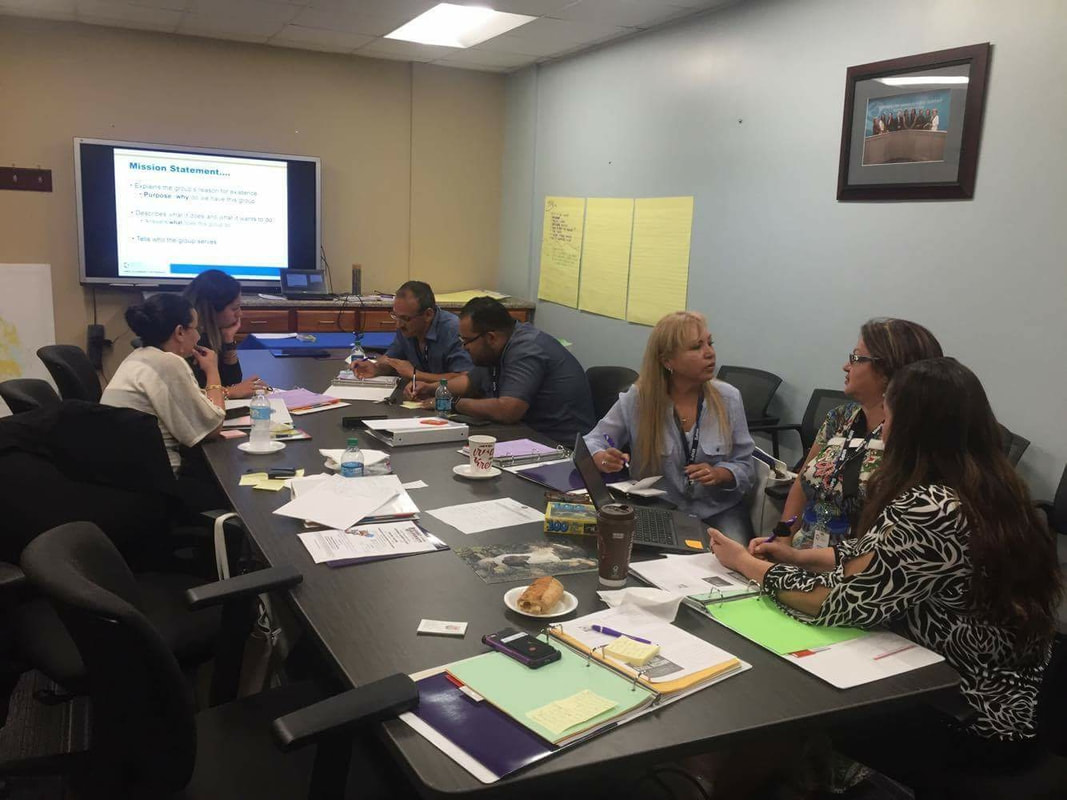
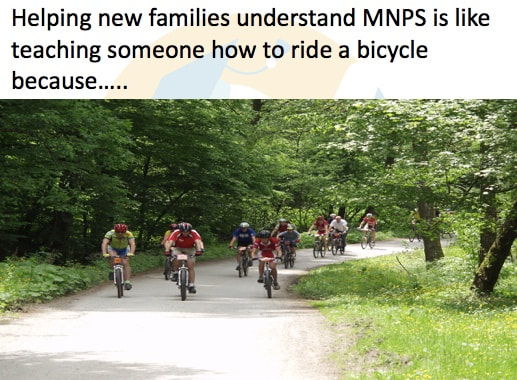
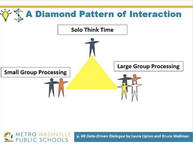

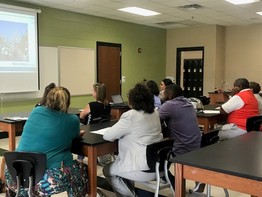
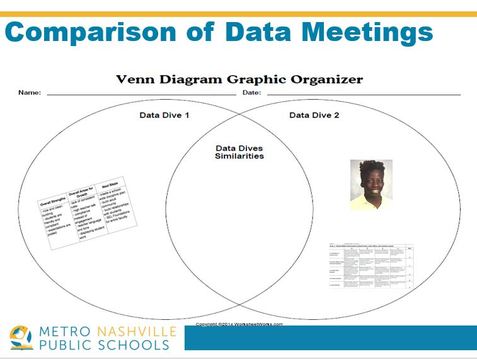
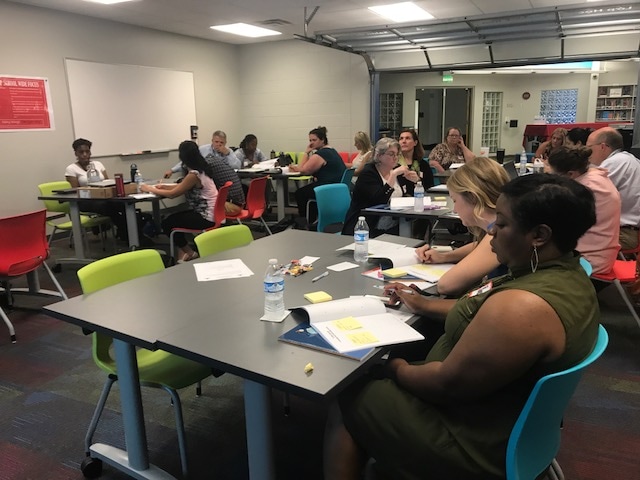
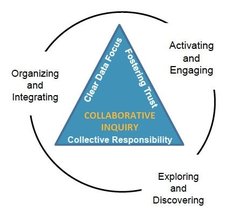
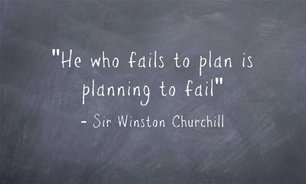
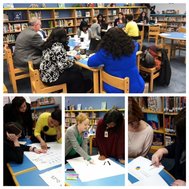
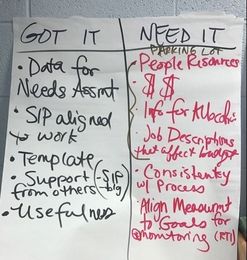
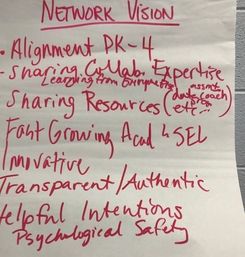

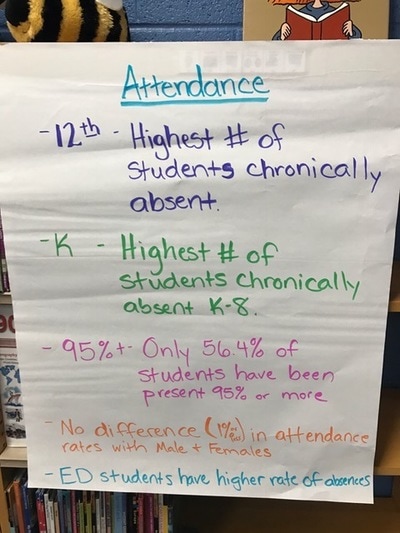
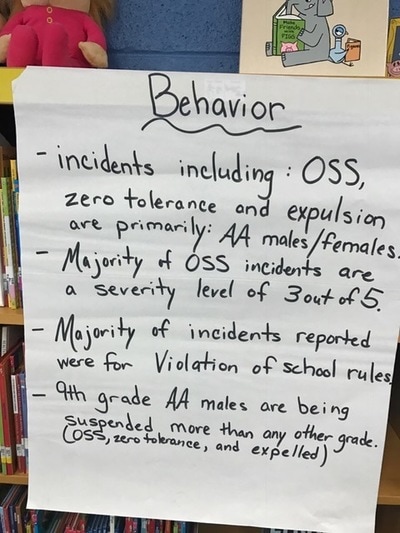
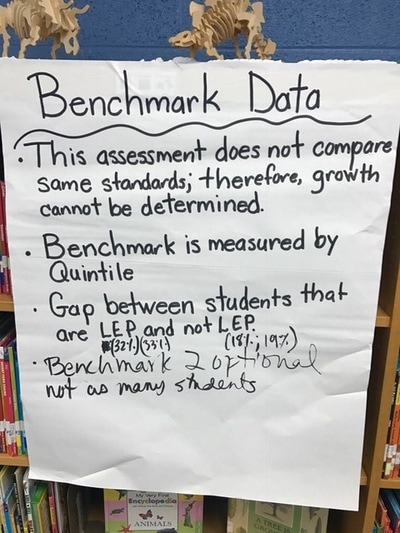
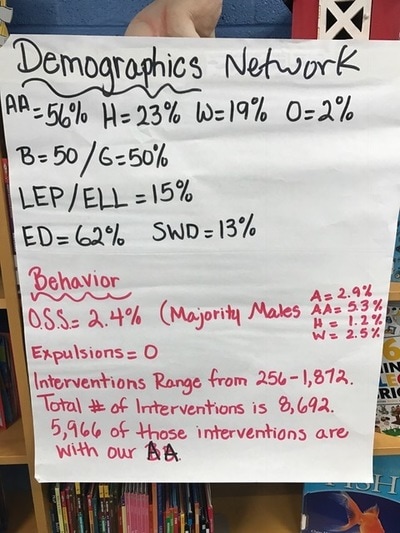
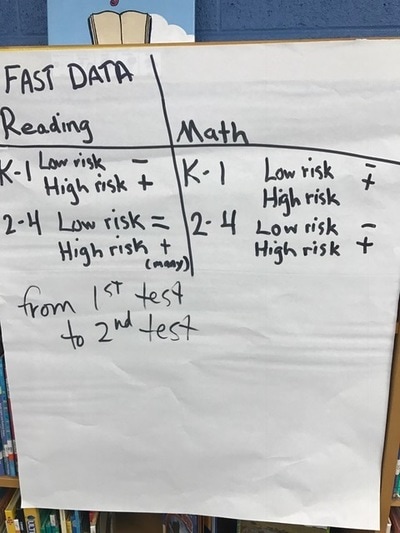
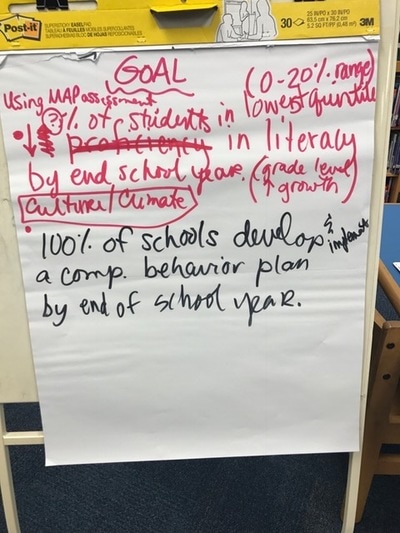
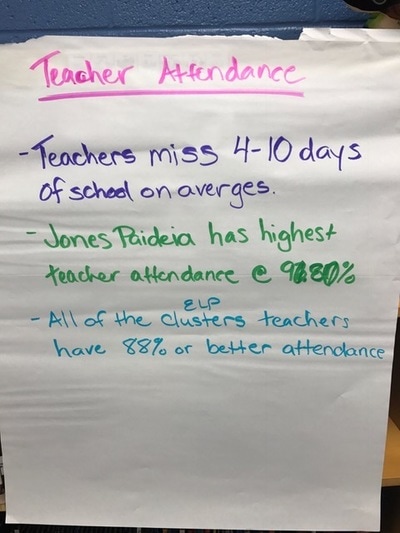
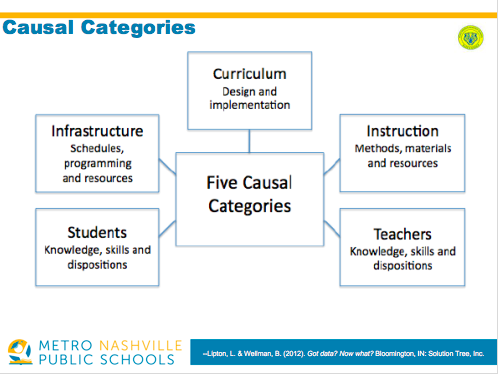
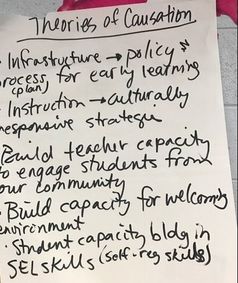
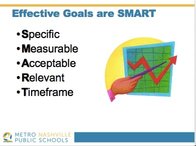
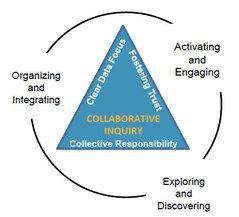
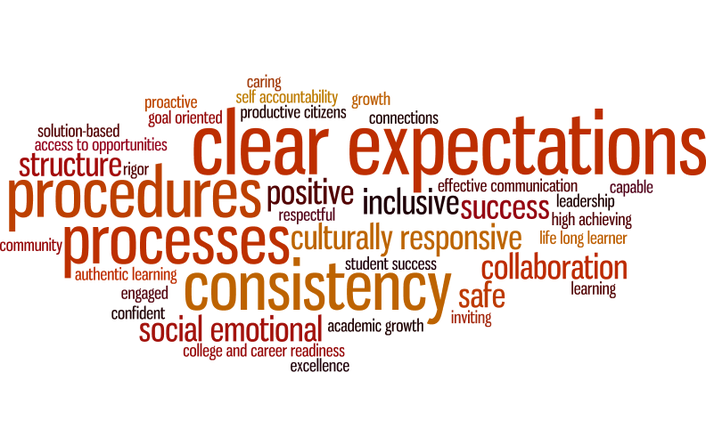
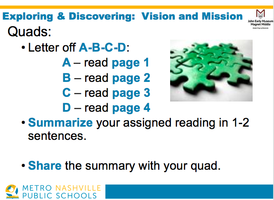
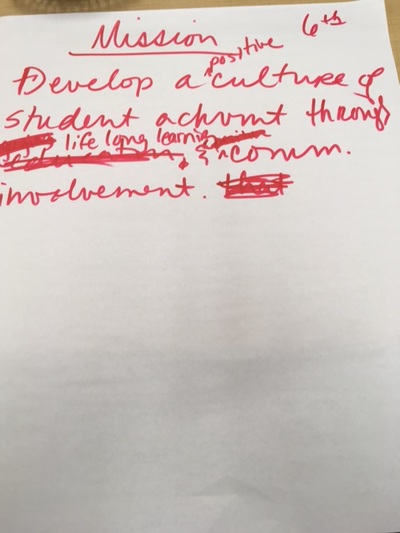
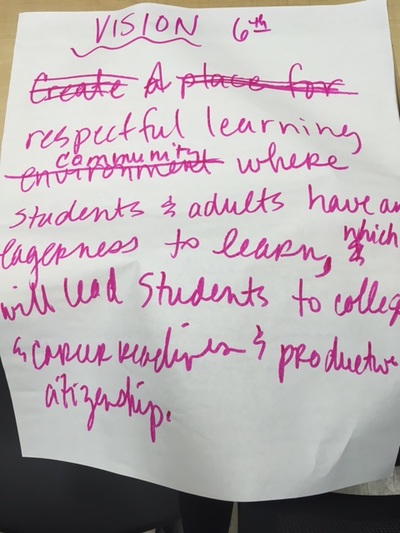
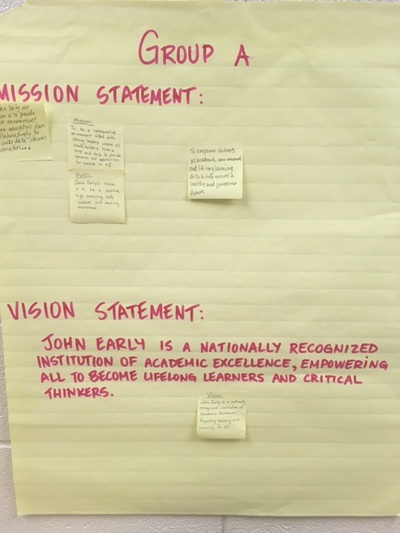
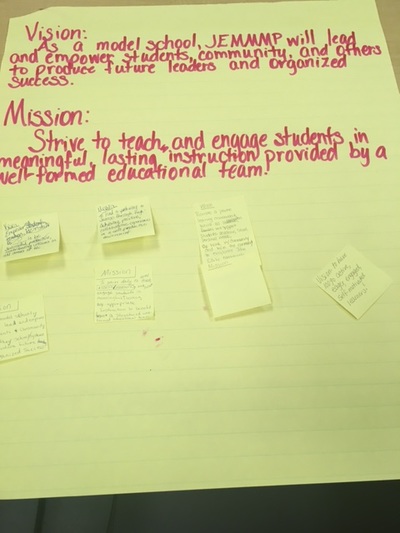
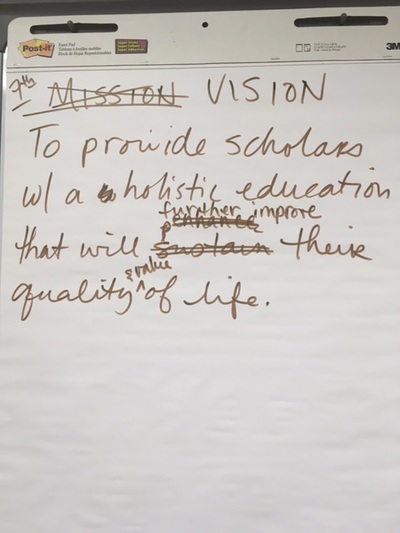
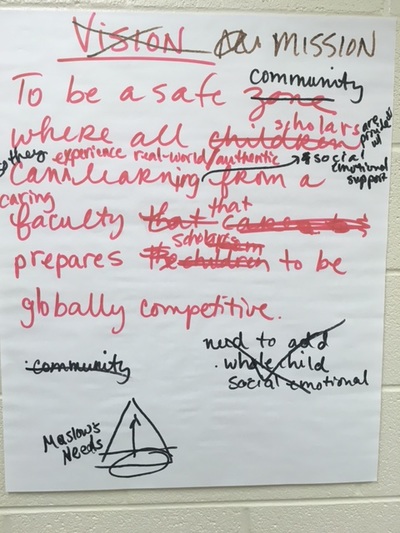
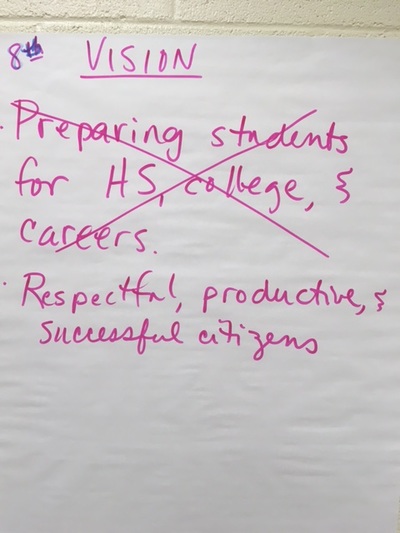
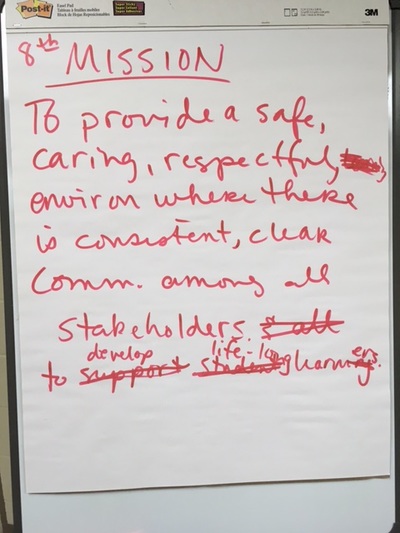
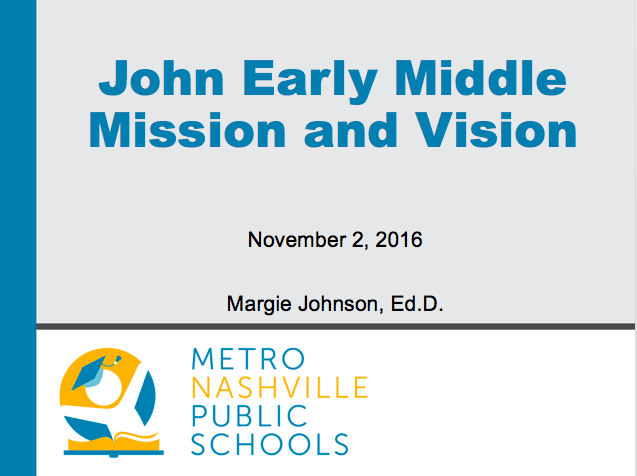
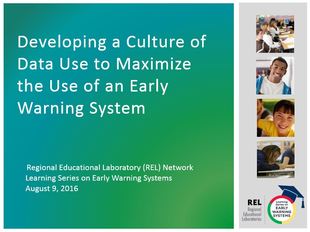
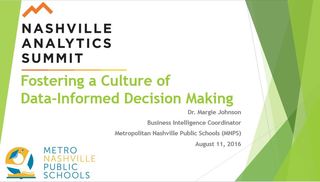
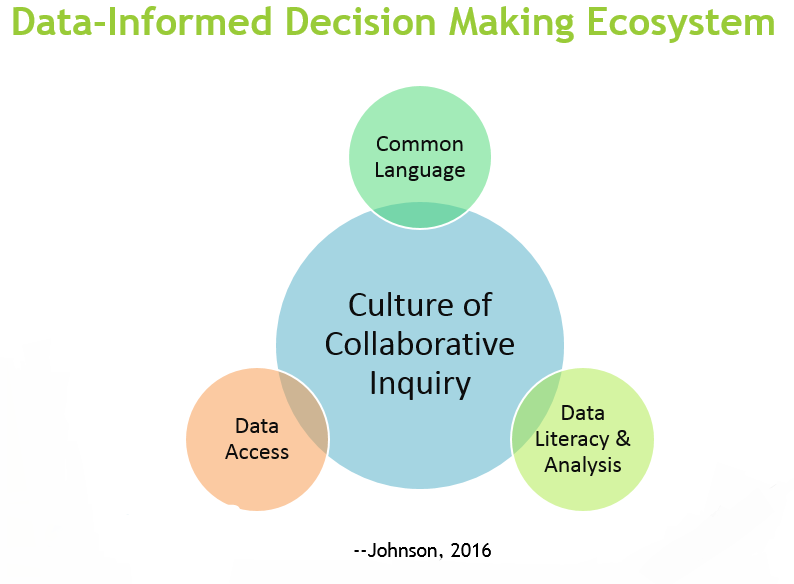

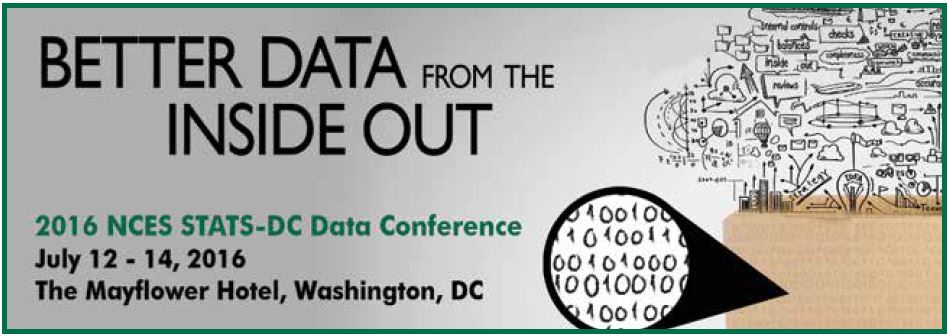
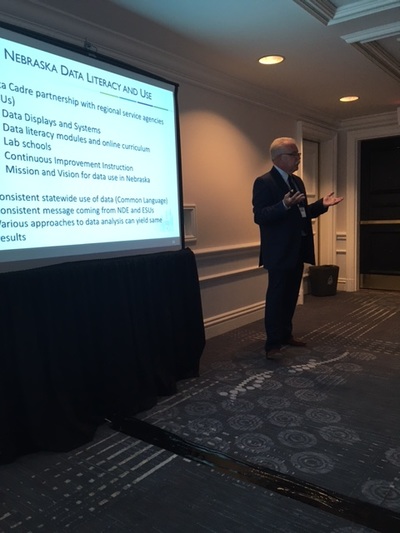
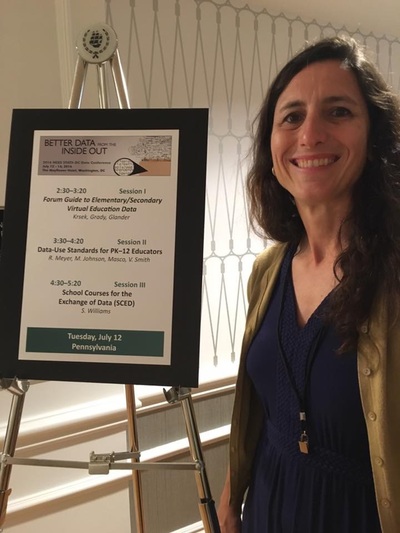
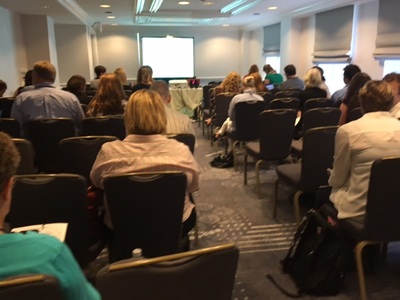
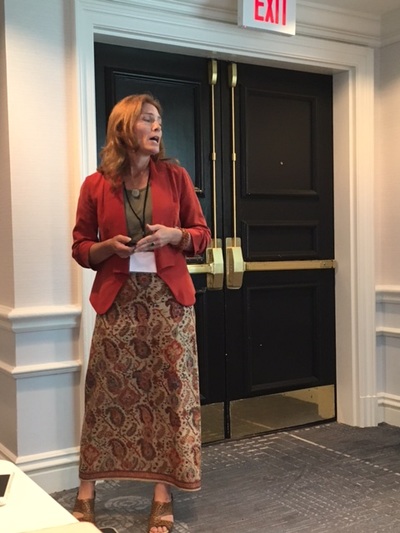
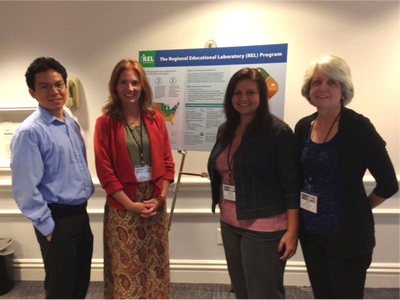
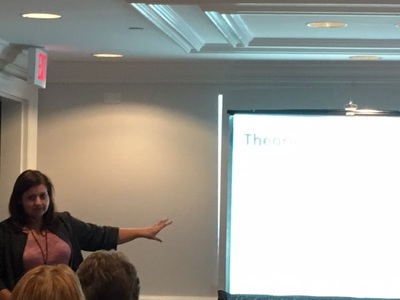
 RSS Feed
RSS Feed

